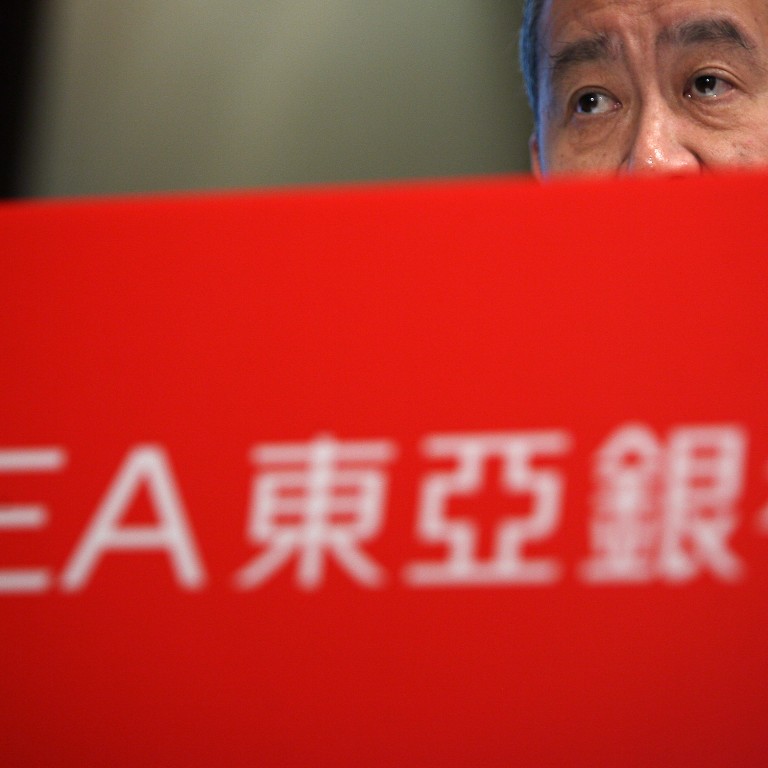
New | Funds line up for China-Hong Kong cross-border sales scheme
Landmark cross-border mutual fund scheme begins on Wednesday with industry players ready to vie for share of the 600 billion yuan market quota
Several fund houses will today submit their applications to the China Securities Regulatory Commission to sell their products in mainland China under the landmark mutual fund recognition scheme.
The scheme, which starts on today, allows 100 Hong Kong-domiciled funds and 850 mainland Chinese funds to sell up to 300 billion yuan of products on each side.
British fund house Schroders and the fund arms of Bank of China (Hong Kong), Hang Seng Bank and Bank of East Asia are among the first applicants.
Among mainland Chinese participants, Bank of China Investment Fund plans to seek approval from the Securities and Futures Commission tomorrow, after today's public holiday in the city.
"We aim to apply to the CSRC from day one of the mutual recognition scheme as we would like to sell our fund products to that massive market as soon as possible," said King Au King-lun, the chief executive of BOC Hong Kong Asset Management.
Au said his company would apply for two funds, which have combined assets of US$250 million. One fund invests in Hong Kong and mainland Chinese equities and the other in high-yield dim sum bonds.
"We believe these two products would be more familiar to mainland Chinese investors," he said. "Looking ahead, we will design and tailor more products for mainlanders."
Au plans to use the Bank of China's mainland Chinese network to sell the funds while the Chinese parent will also sell through its Hong Kong branches.
Only funds domiciled in Hong Kong for a year with fund managers based in the city are qualified to be sold across the border.
The same rule applies to mainland Chinese funds.
Lieven Debruyne, the chief executive of Schroders Investment Management, said his company would apply to the CSRC today to sell its US$5 billion Schroder Asian asset income fund, which invests in stocks and bonds in Asia.
"We believe mainland Chinese investors would be interested in regional products," Debruyne said.
The company has 12 funds qualified to be sold across the border and will issue more in the future.
Debruyne plans to use the network of mainland Chinese joint-venture partner Bank of Communications to sell the funds and aims to enlist four more banking partners.
The cross-border fund sales scheme is beginning amid a market downturn in Hong Kong and mainland China but Debruyne believes that is not a problem.
"A weaker stock market will encourage mainland investors to learn to use funds for longer-term investment and to invest overseas to diversify their portfolios," he said.
Au said the stock market correction would in fact allow investors to enter the stock market at a low price.
Hang Seng Investment Management plans to offer two funds in the mainland, according to Hang Seng Bank executive director Andrew Fung Hau-chung. Both are exchange-traded funds tracking the Hang Seng Index and H shares, and have combined assets of HK$110 billion.
"We are looking for distribution partners, and hope to partner major banks with extensive networks and good distribution capacity," Fung said.
Eleanor Wan Yuen-yung, the chief executive of BEA Union Investment, said her company had nine funds eligible for cross-border sales, of which she intended to apply to have two to three for the scheme.
"We are in the final stage of discussions with some mainland organisations qualified to act as agents for our funds," Wan said. "We will continue to expand our product offerings."

